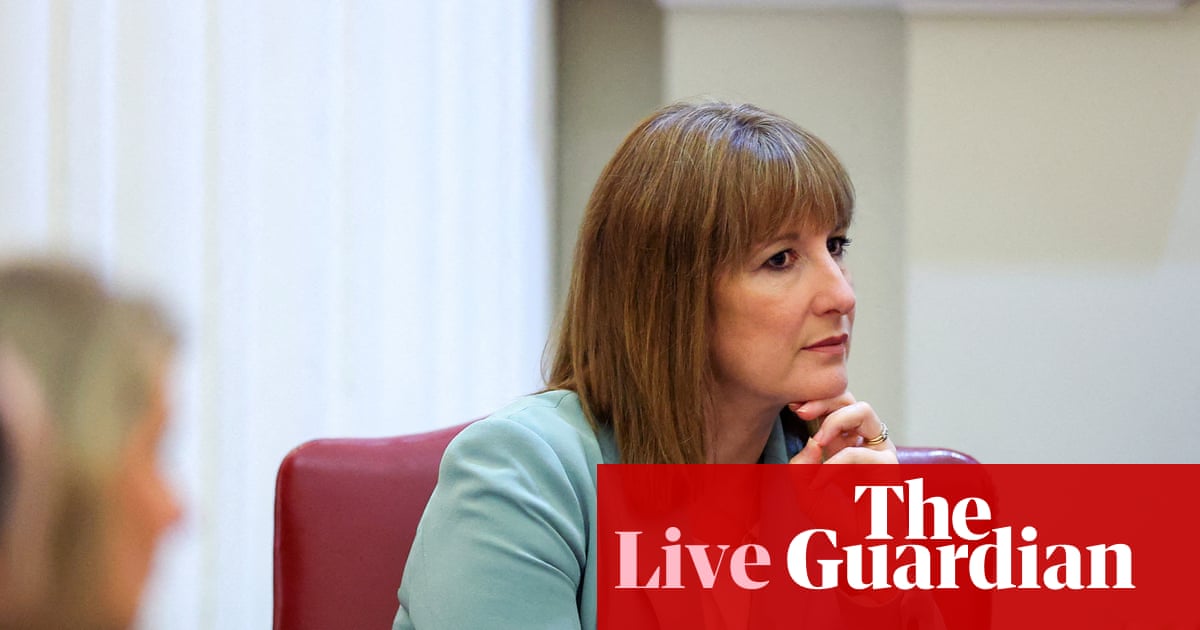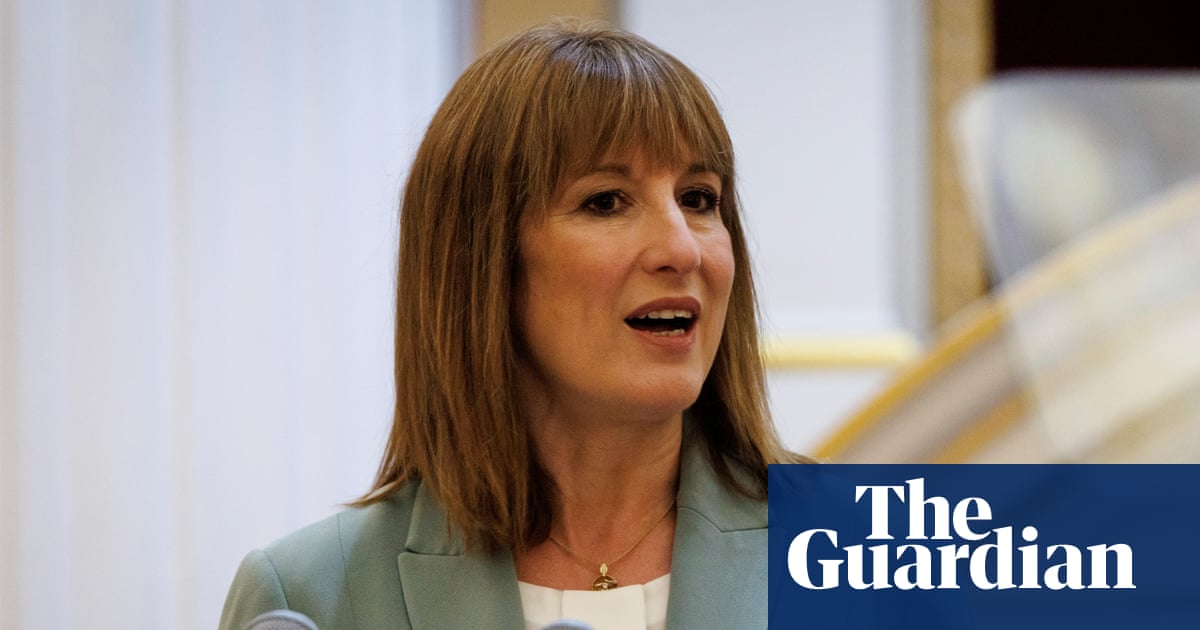T4K3.news
Rachel Reeves announces record £2.2 billion inheritance tax receipts
Inheritance tax collections have surged as property values and tax thresholds remain unchanged.

Inheritance tax revenues have seen significant increases amidst rising property values.
Rachel Reeves secures £2.2 billion boost from inheritance tax revenue
Rachel Reeves’s Treasury recently reported a remarkable £2.2 billion in inheritance tax receipts for the first three months of the tax year. This figure marks a £100 million increase compared to the same period last year, continuing a notable upward trend. Financial analysts argue that inheritance tax has become a substantial source of income for the government, akin to a “meal ticket.” Many estates, which previously fell below tax thresholds, now find themselves liable to pay this controversial tax due to inflated property values and frozen tax limits. Currently, the tax-free threshold remains unchanged at £325,000, a figure that has not seen a revision in 16 years. With the continuation of a frozen tax environment and looming policy adjustments, experts predict that inheritance tax obligations will rise significantly in the near future, affecting more families than ever before.
Key Takeaways
"Inheritance tax continues to be a meal ticket for HMRC."
Nicholas Hyett highlights the government's dependency on inheritance tax revenues amid financial pressures.
"These freezes are a form of stealth tax."
Hyett explains how the frozen thresholds allow the government to collect more without major public outcry.
"Life is tough enough when you have just lost a loved one."
Sir Steve Webb emphasizes the burdensome impact of complex tax rules on grieving families.
"The government is discovering that it can't have everything its own way."
The growing pushback against inheritance tax reflects wider public sentiment on fiscal fairness.
The increase in inheritance tax revenues reflects a growing financial burden on many families as property prices soar while tax thresholds stagnate. This situation creates a classic scenario of a stealth tax, where changes occur without overt public acknowledgment. As more estates become eligible for taxation, the emotional and practical complexities of dealing with a loved one's estate will intensify. The government's action to incorporate pension values into estate calculations by 2027 is particularly alarming, given its potential to complicate matters during a difficult time. This change signals not only shifting financial pressures but also a need for clearer communication from the Treasury about tax obligations for grieving families.
Highlights
- Inheritance tax is becoming a meal ticket for the government.
- Families face complications with pensions now taxed as part of estates.
- Freezing tax thresholds creates a stealth tax on grieving families.
- The tax burden is set to rise as more estates become liable.
Public backlash against inheritance tax policies rising
The introduction of pension taxes combined with frozen thresholds continues to draw criticism from the public and financial experts, potentially leading to increased discontent about the government's tax strategy.
The evolving landscape of inheritance tax highlights the need for transparent financial planning for families.
Enjoyed this? Let your friends know!
Related News

Economic confidence reaches historic low amid tax worries

Record pension withdrawals follow tax changes

UK borrowing exceeds £20bn in June

Mortgage approvals increase as housing market stabilizes

UK borrowing rises unexpectedly putting pressure on Chancellor

Chancellor plans major pension reforms

FTSE 100 reaches intraday high of 9,102.53

Government borrowing reaches record high
